A major concern for parents is the stark inequality in educational resources. In cities like Detroit and Baltimore, public schools in low-income neighborhoods face significant underfunding, resulting in outdated textbooks, inadequate facilities, and limited learning materials.
These disparities create an educational divide, where affluent areas offer markedly better opportunities, perpetuating cycles of poverty and limiting social mobility.
Teacher Shortages and Overburdened Educators
Teacher shortages are a growing issue across the U.S., with districts in states like Arizona and California relying on substitute teachers or staff teaching outside their certification areas. This shortage leads to larger class sizes, increased teacher workloads, and a decline in the quality of instruction.
Parents are deeply concerned about how this impacts their children’s learning experiences and academic outcomes.
Curriculum Controversies and Political Polarization
Curriculum content has become a focal point for political and ideological debates, particularly regarding topics like race, gender, and sexuality. In districts like Montgomery County and Loudoun County, conflicts between parents and school boards over these issues have intensified.
Many parents feel alienated when their values are not represented in their children’s educational content, contributing to a decline in trust in the system.
Safety Concerns and School Climate
The safety of students remains a top concern. Reports of bullying, violence, and the presence of law enforcement in schools, particularly in cities like Chicago and Philadelphia, have prompted protests and calls for reform. As incidents increase, parents are questioning whether public schools can provide a safe environment conducive to learning.
Declining Academic Performance and Accountability
Standardized test scores and graduation rates have highlighted the decline in academic performance, particularly in urban areas like New York and Los Angeles. Proficiency rates in core subjects such as math and reading have fallen, raising concerns about the effectiveness of the public education system. Parents are increasingly demanding greater accountability and transparency from school administrations.
The Rise of Alternative Education Options
In response to these ongoing challenges, many parents are turning to alternative education options. Charter schools, private institutions, and homeschooling are becoming more popular, especially in metropolitan areas.
These alternatives offer smaller class sizes, specialized curricula, and a learning environment that aligns more closely with parental expectations. Cities like Houston and Miami have seen a surge in charter school enrollment as families seek more control over their children’s education.
The ongoing decline in trust toward the U.S. public education system is rooted in systemic challenges such as educational inequality, teacher shortages, curriculum controversies, and safety concerns. As a result, many parents are seeking alternative education options that better meet their needs and expectations.
Addressing these issues and restoring confidence in public schools will require comprehensive reform and increased parental involvement to ensure a more equitable and effective educational experience for all students.

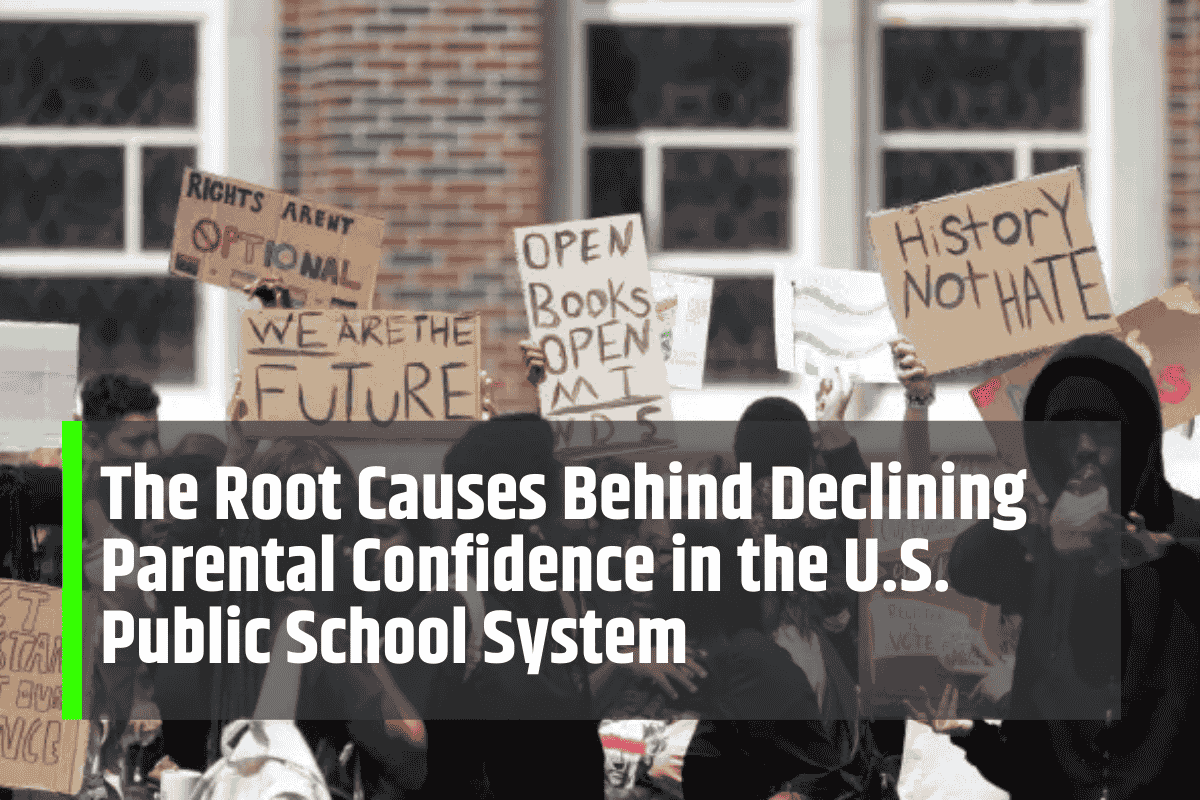
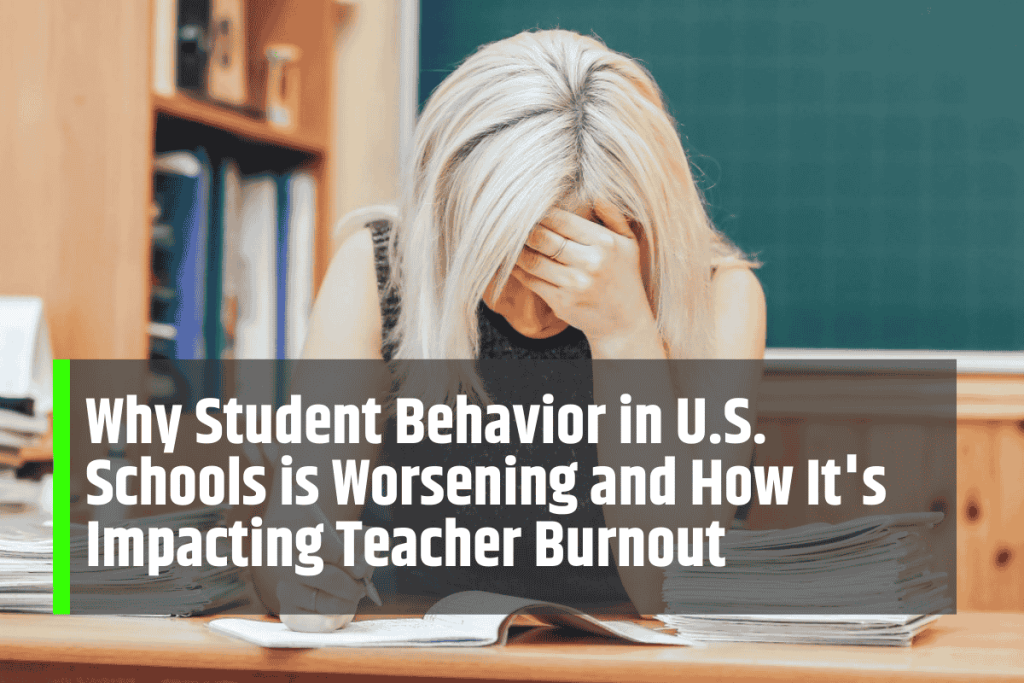
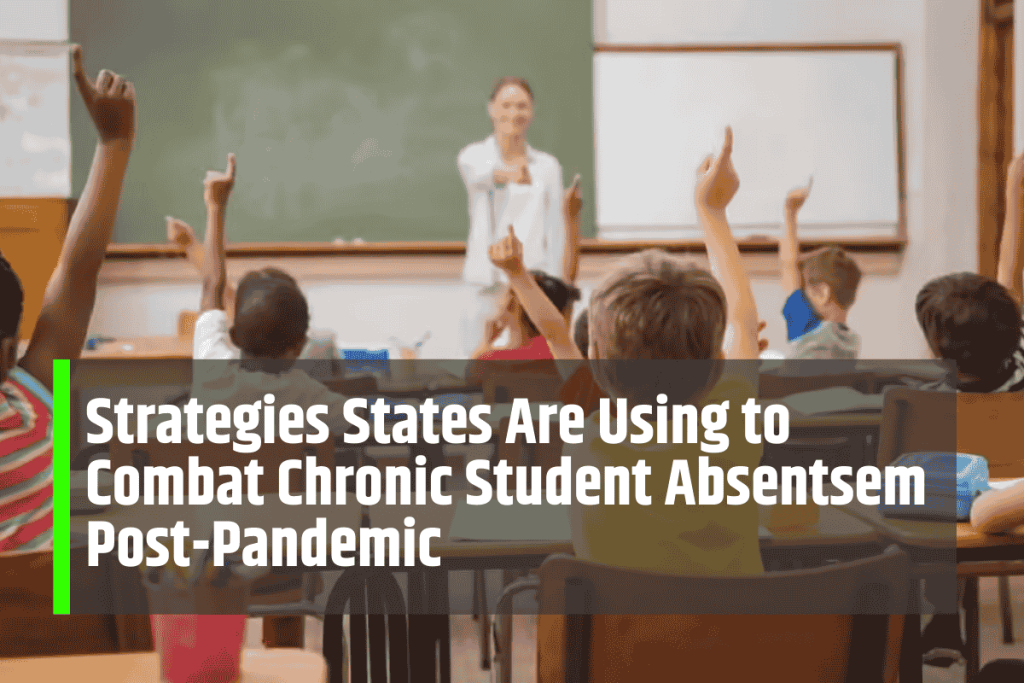
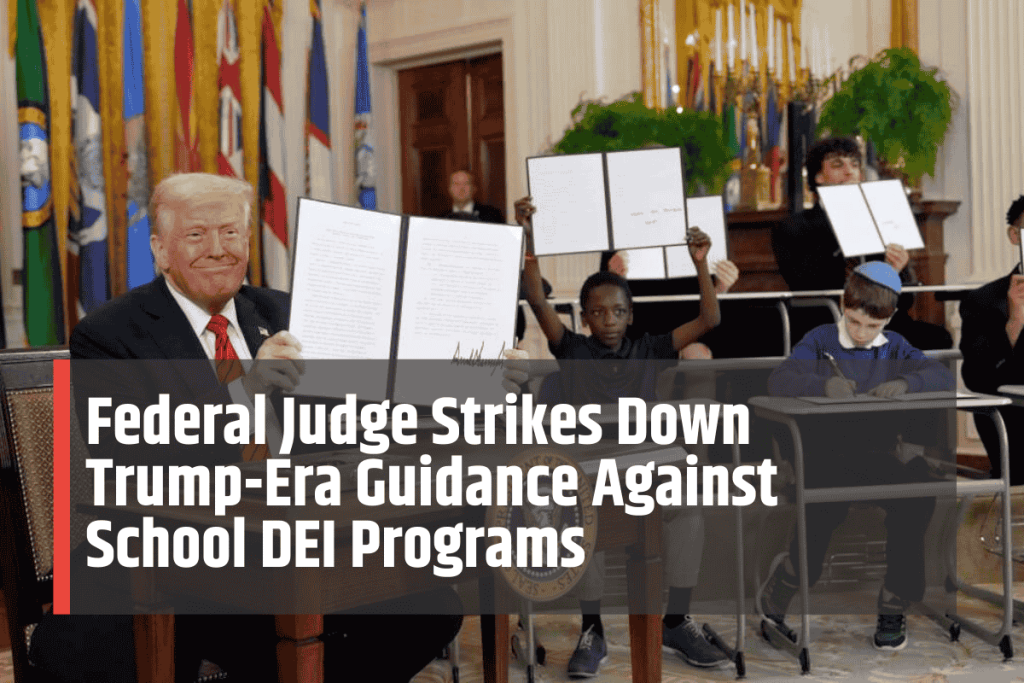
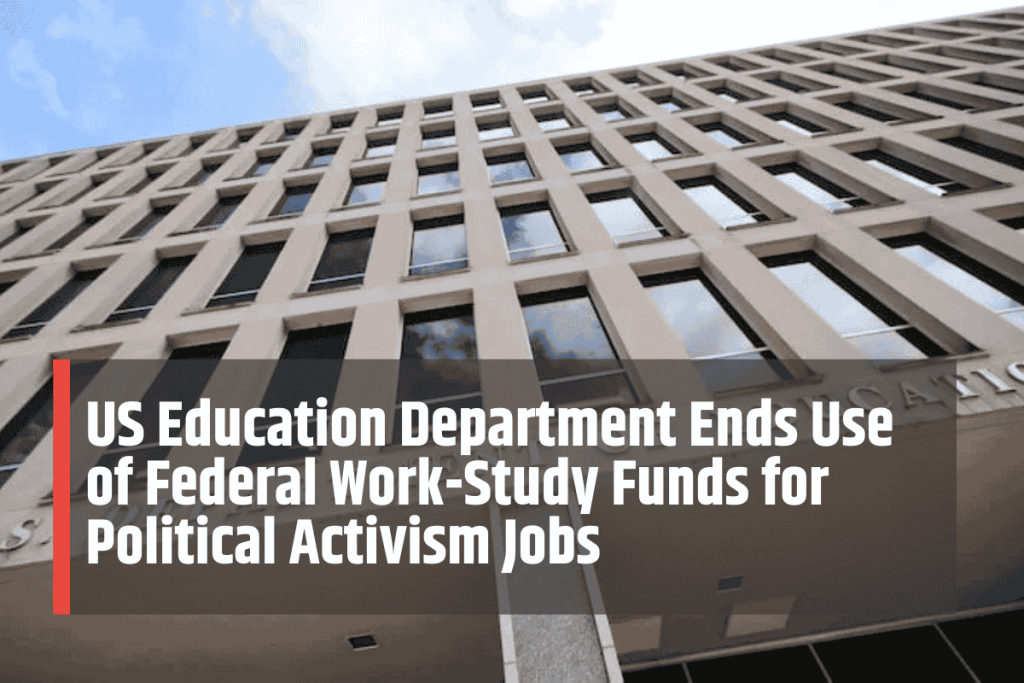
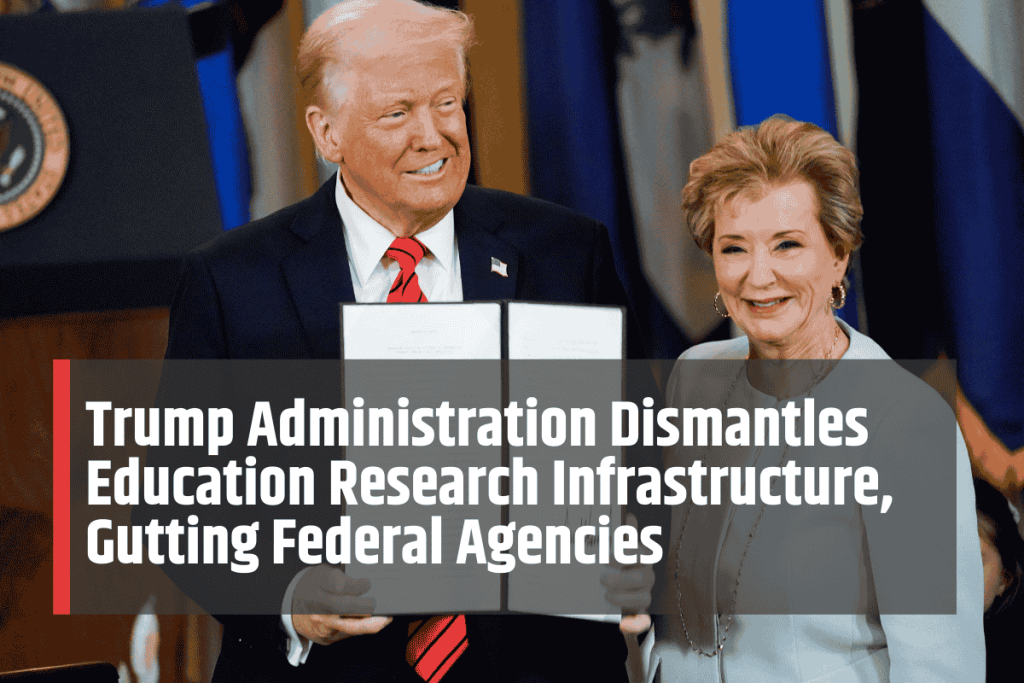
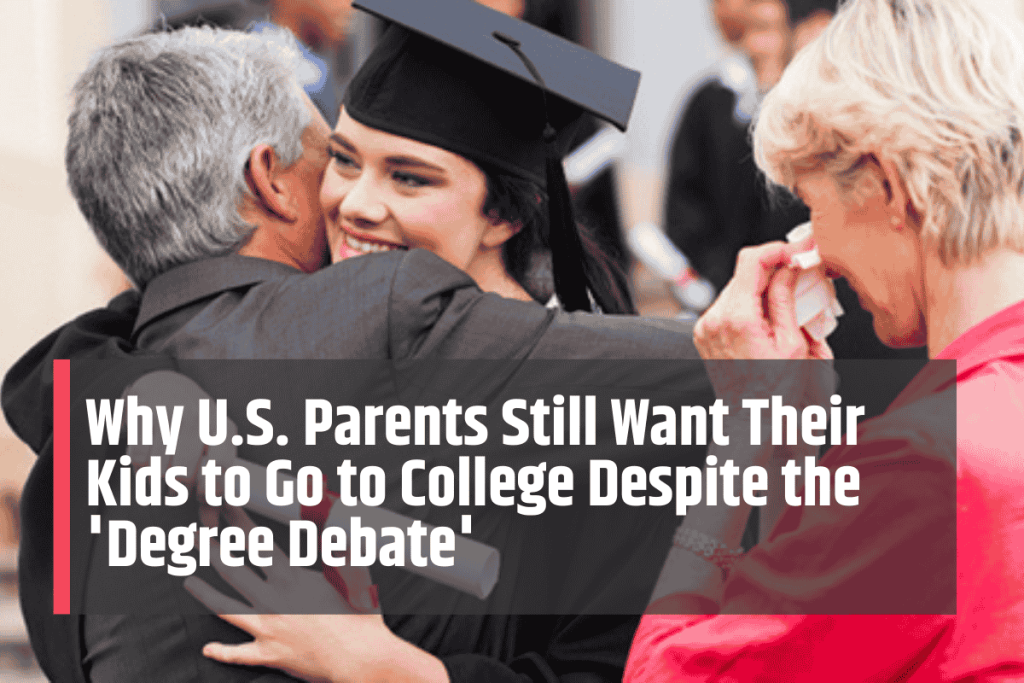
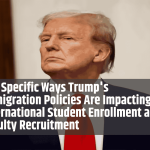

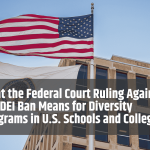
Leave a Comment